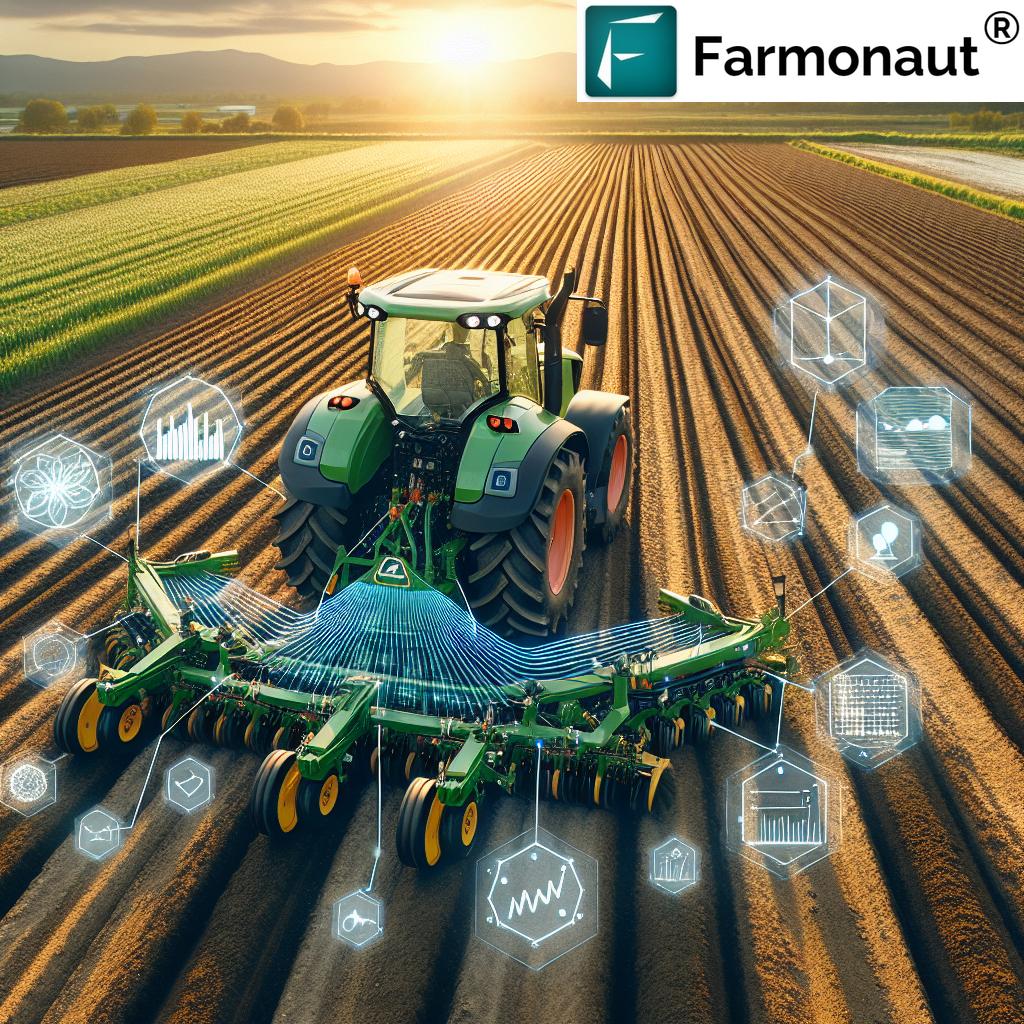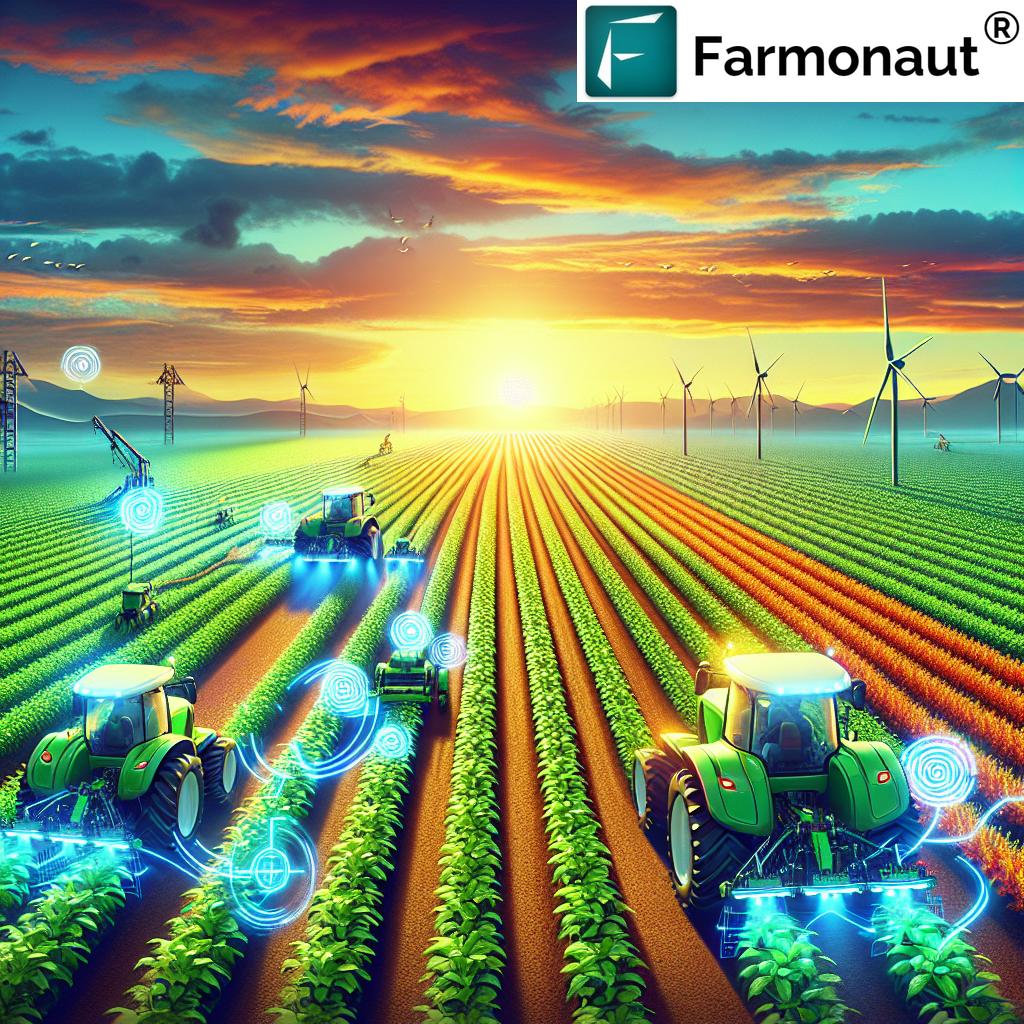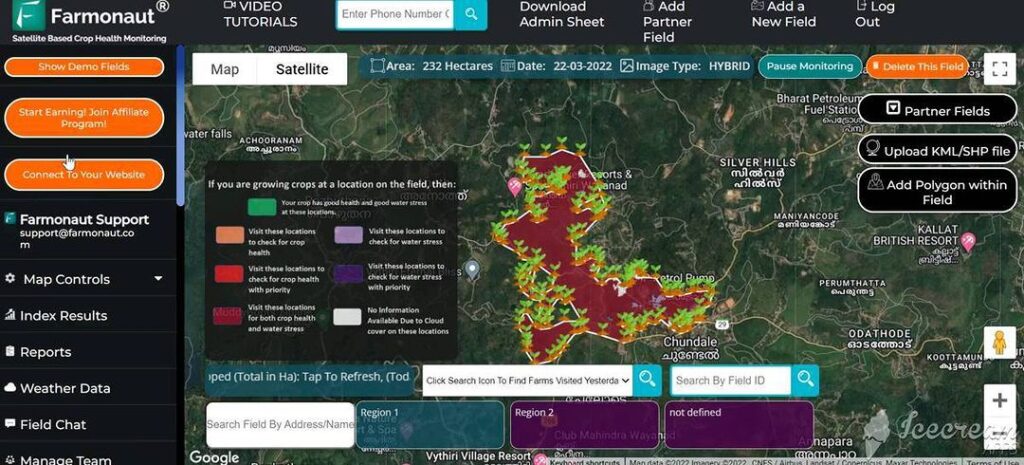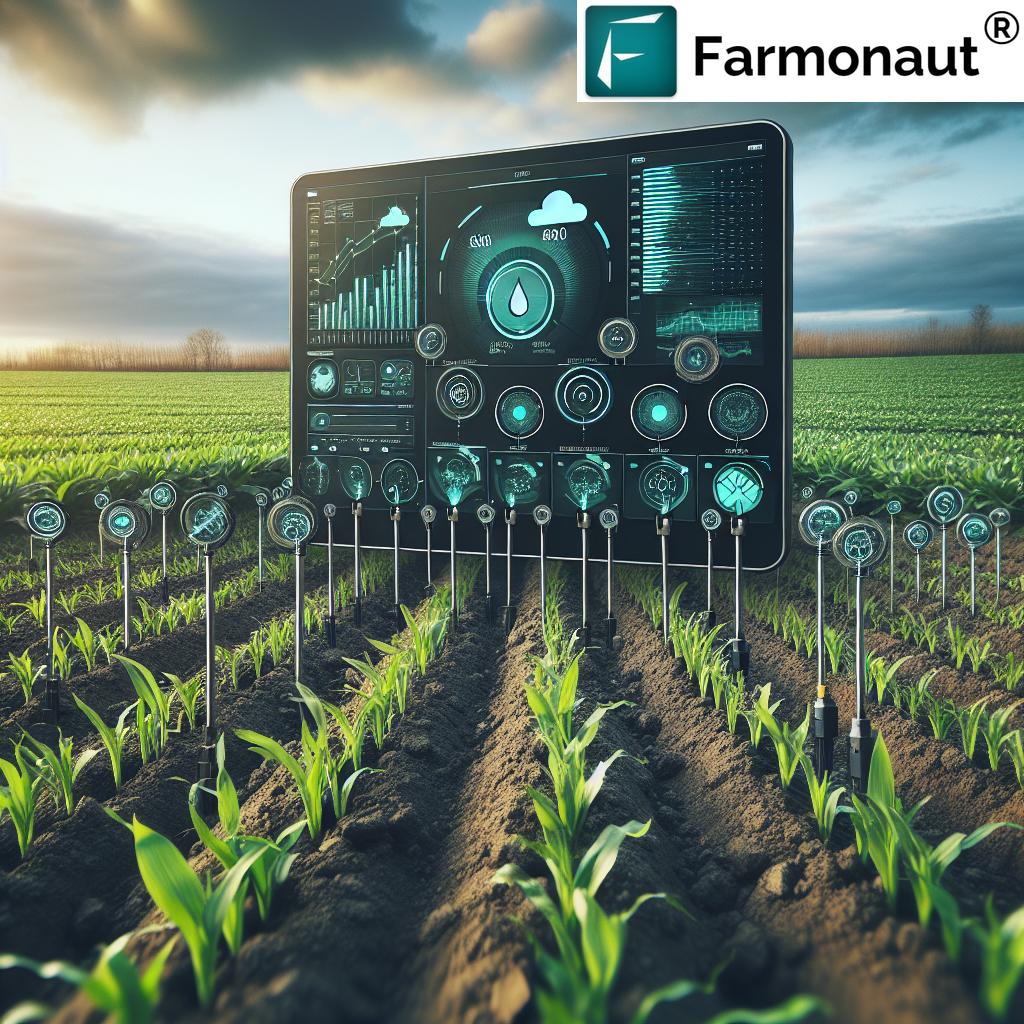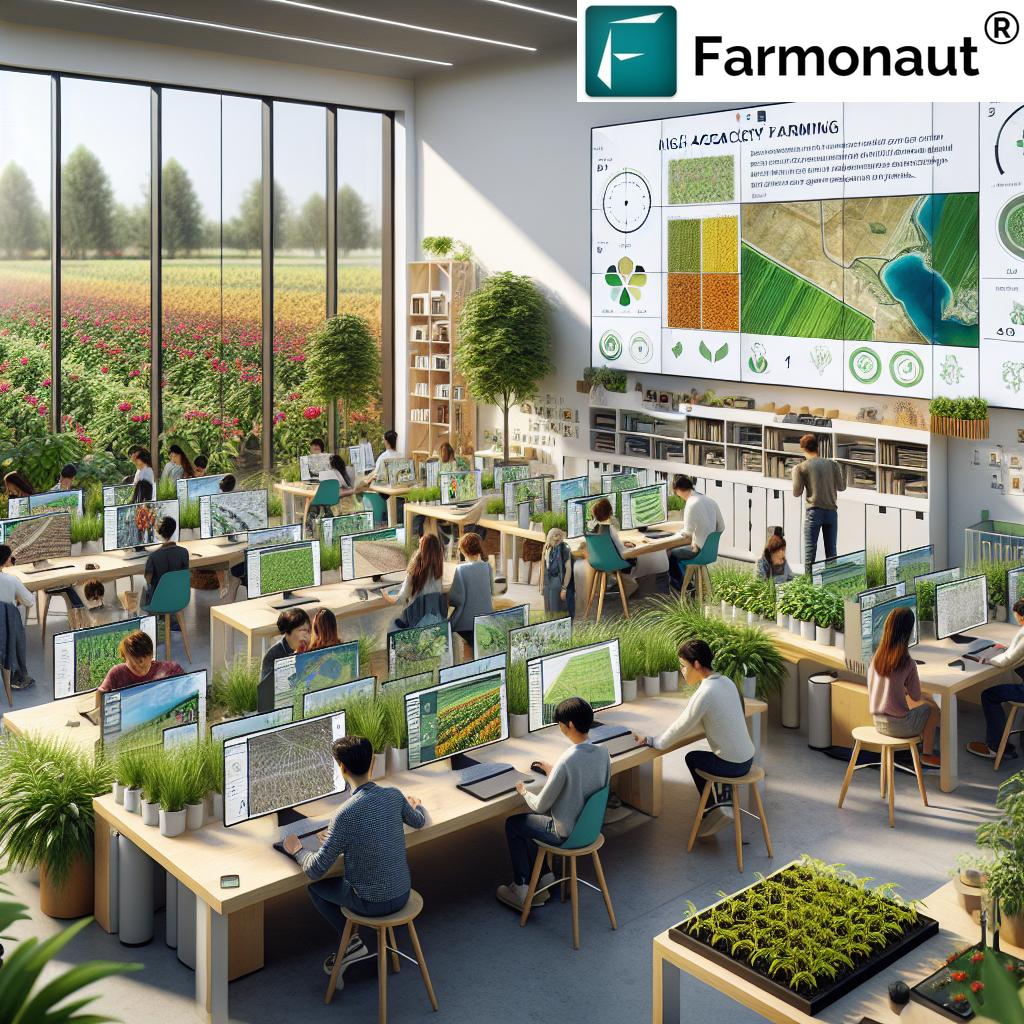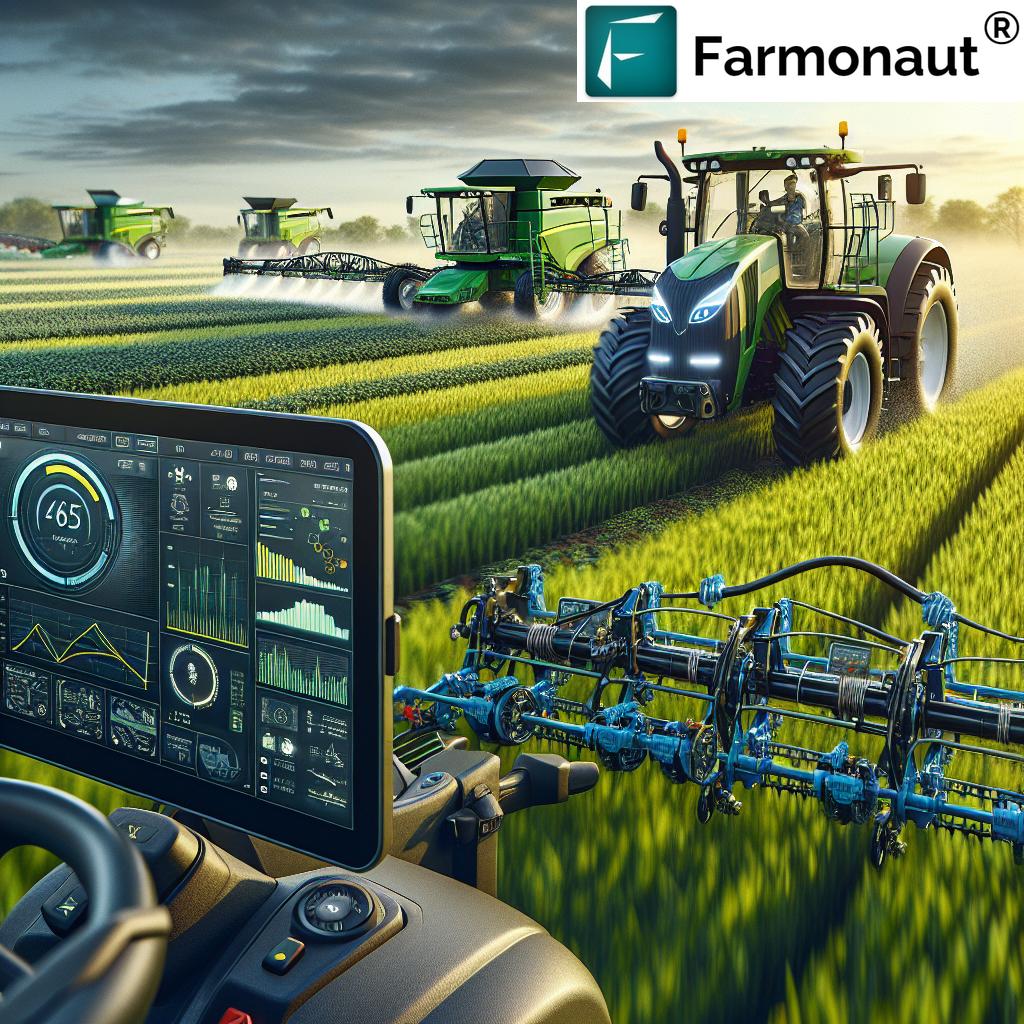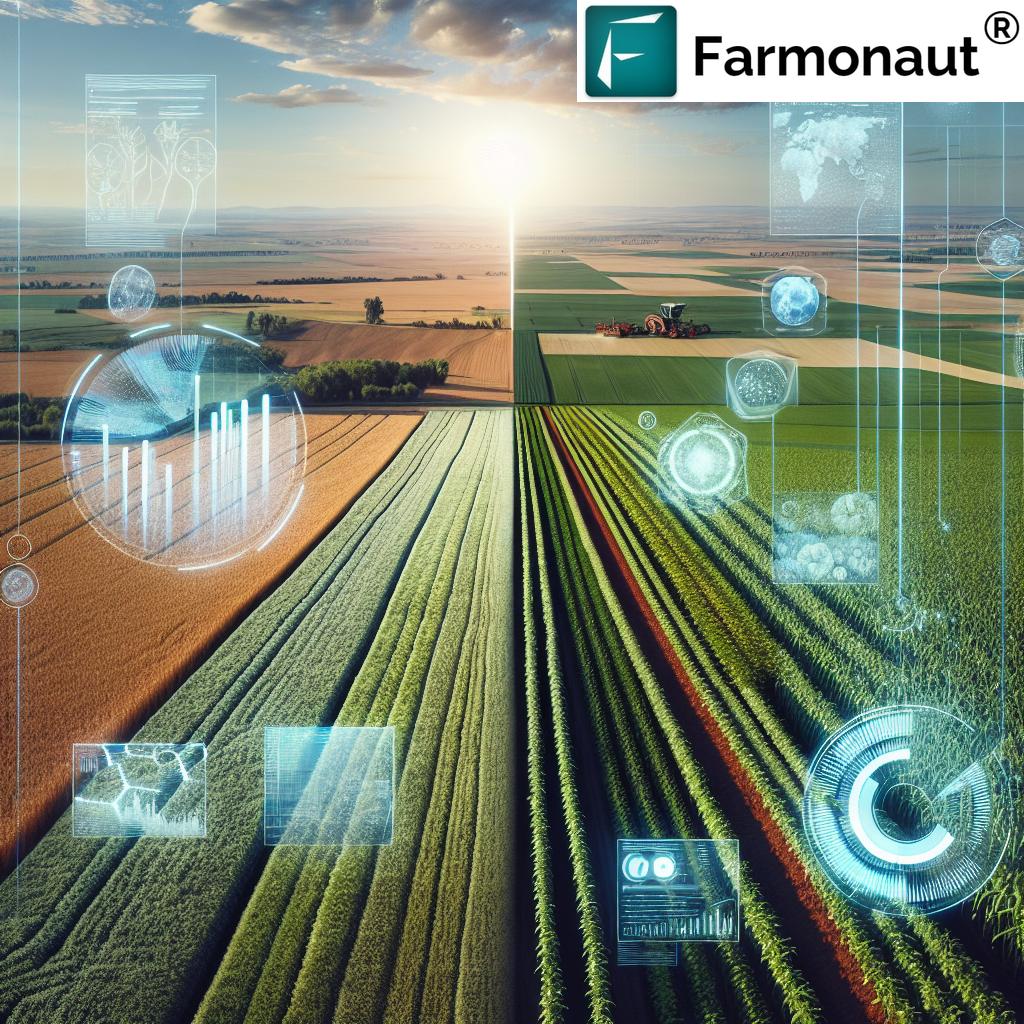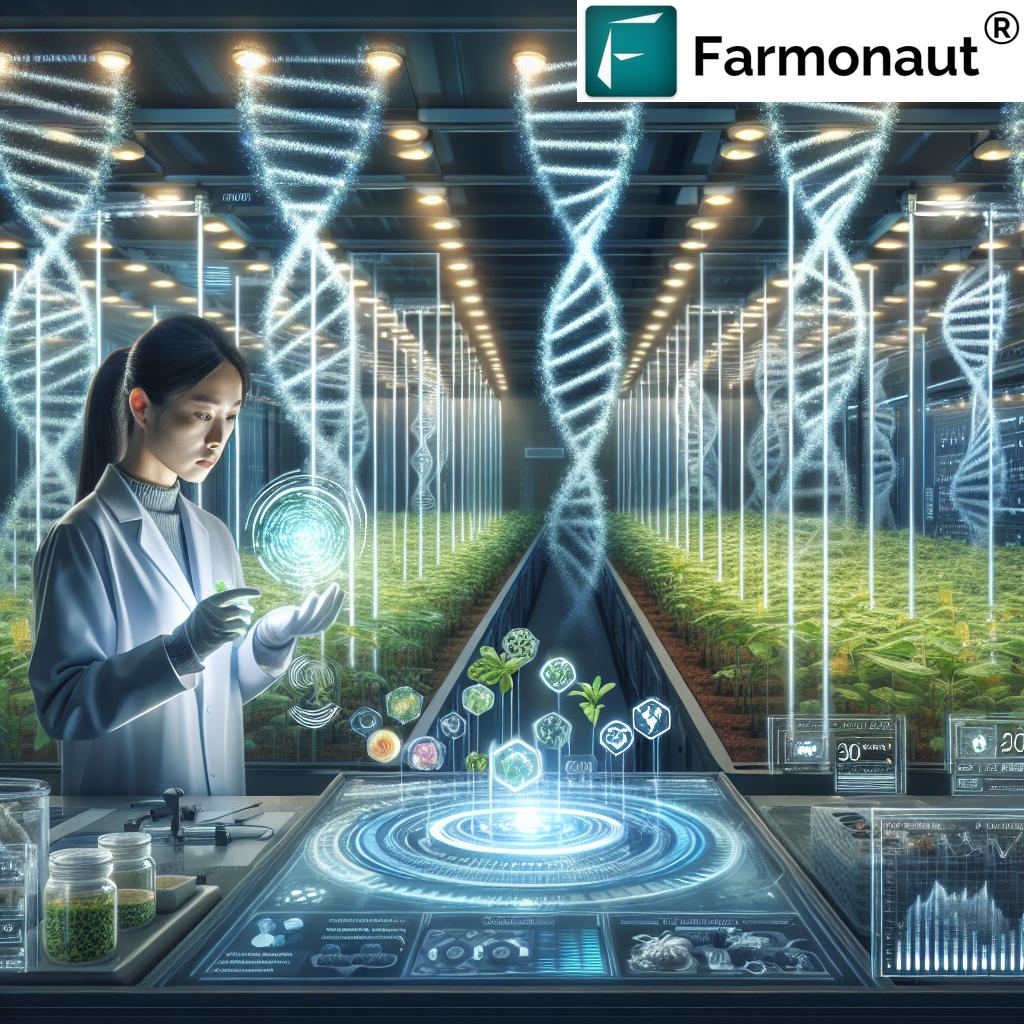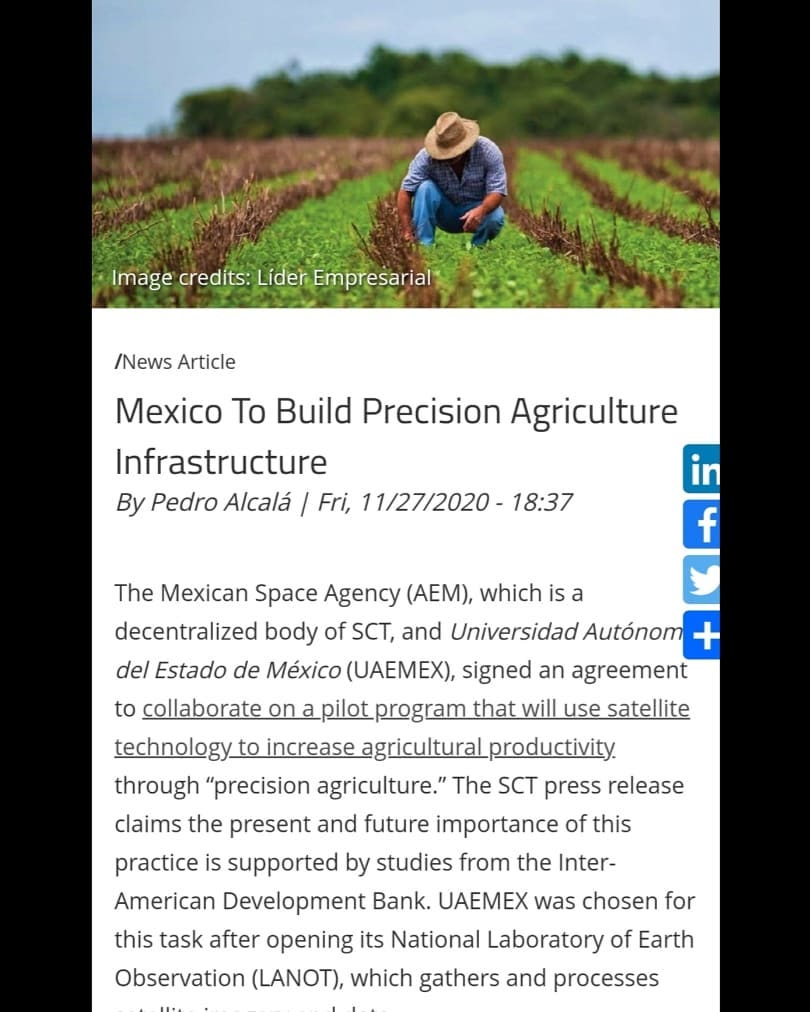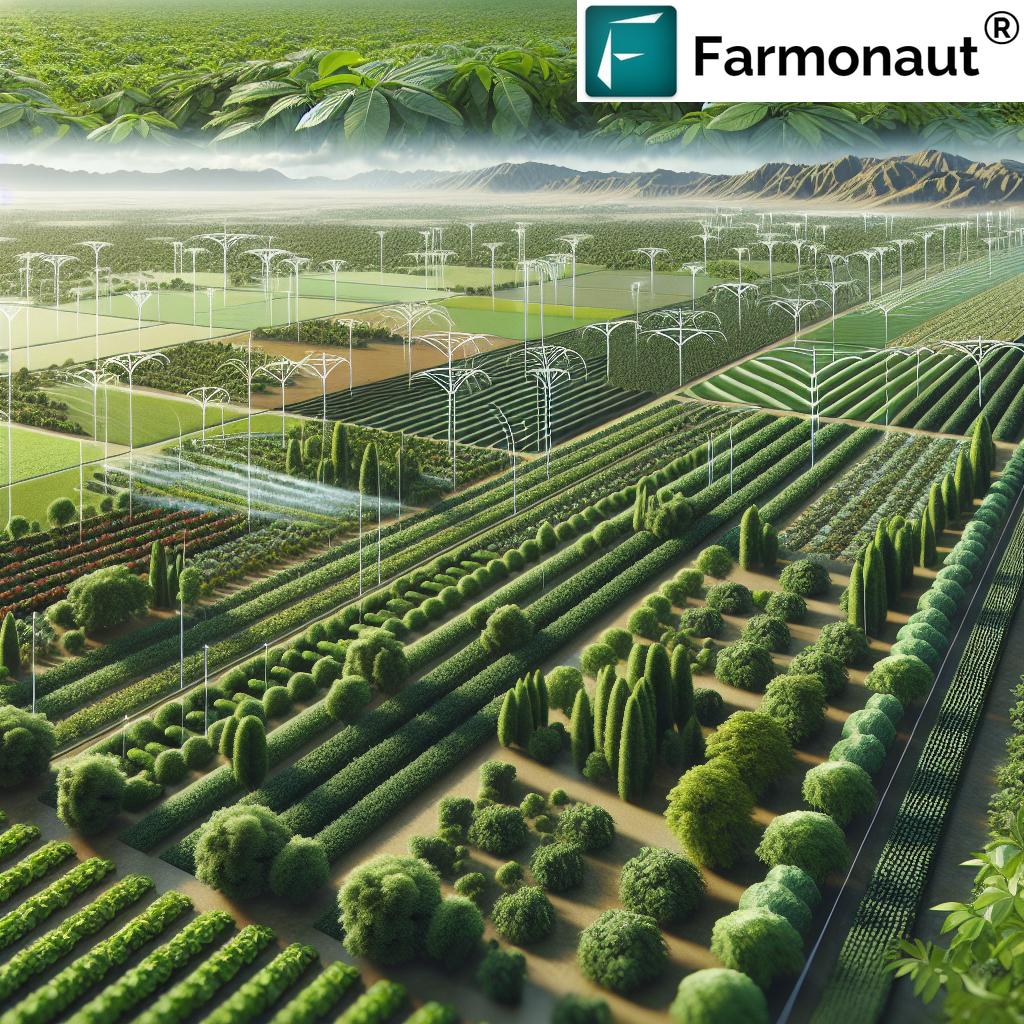AI Tractors: 7 Powerful Benefits Revolutionizing Farming
“AI-powered tractors can increase field productivity by up to 20% compared to traditional farming methods.”
Introduction: The Future of Farming with Artificial Intelligence
As the global population continues to surge and agriculture faces mounting pressure to produce more food sustainably, innovative solutions have emerged at the crossroads of technology and farming. Among these, AI tractors and autonomous machinery stand out as disruptive forces—ushering in an era that is defined by increased efficiency, intelligent resource usage, and transformative benefits for farmers worldwide.
We are collectively witnessing a shift toward precision farming technologies that rely on the seamless integration of artificial intelligence, machine learning, sensors, and advanced systems. In this comprehensive, first-person account, we will explore how autonomous tractors are revolutionizing farming operations and why their widespread adoption promises a fundamentally better future in agriculture.
The Rise of Autonomous Tractors in Agriculture
Innovations in AI, advanced sensors, GPS, and data analytics have led to the development of state-of-the-art autonomous tractors. Unlike their traditional counterparts, these intelligent machines can perform key tasks like planting, tilling, spraying, and harvesting—all without constant human intervention. They are equipped to analyze real-time data, adapt to varying field conditions, make informed decisions, and execute routines that once demanded significant manual labor.
Key enablers shaping this transformation include:
- GPS and advanced navigation systems (ensuring precise, repeatable field coverage)
- Sensors and cameras (capturing comprehensive crop, soil, and environmental data)
- Machine learning algorithms (processing vast datasets to optimize performance)
- Cloud-connected agricultural automation systems (enabling remote monitoring, diagnostics, and updates)
This integration of technologies is no longer theoretical—it’s driving actual change in farm management, helping us usher in a new paradigm of sustainable farming practices. The future of farming with artificial intelligence promises not only increased productivity and reduced resource use, but also greater adaptability, lower environmental impact, and significant labor cost reduction.
Comparison Table: Traditional Tractors vs. AI-Driven Tractors
| Feature/Benefit | Traditional Tractors | AI-Driven Tractors |
|---|---|---|
| Fuel Efficiency (% improvement) | Standard consumption | Up to 15% improvement |
| Labor Requirement (hours saved/hectare) | ~10 hours/hectare | Up to 50% reduction |
| Yield Increase (% gain) | Baseline yields | 10-20% yield gain |
| Maintenance Costs (% reduction) | Standard maintenance | Up to 20% lower |
| Environmental Impact (CO₂ emissions) | Higher emissions | Up to 25% reduction |
| Precision Levels (accuracy rate) | 70-80% | 95%+ |
| Adaptability to Weather (adaptation score) | Manual adjustment needed | Automated, real-time adjustment |
“Precision farming with autonomous tractors can reduce fertilizer usage by approximately 15%, promoting more sustainable agriculture.”
7 Powerful Benefits of AI Tractors Revolutionizing Farming
Let’s dive deeper into the key benefits of AI tractors in modern agriculture and how they contribute to a revolution characterized by efficiency, precision, reduced costs, environmental sustainability, and data-driven decision-making.
1. Increased Efficiency and Productivity
AI tractors are designed to operate continuously—without breaks—during critical farming periods such as planting, tilling, spraying, and harvesting. This unrelenting work ethic of autonomous machines:
- Increases the total amount of work accomplished within optimal timelines
- Leads to the timely completion of all farming operations (crucial for maximizing crop yields)
- Minimizes the risk of missed weather windows and associated losses
- Significantly boosts output and productivity — with autonomous tractors reportedly increasing field productivity by up to 20% over traditional methods (source)
2. Precision Agriculture with Sensors and AI Data
Autonomous tractors are equipped with a range of sensors, cameras, and AI-powered systems to monitor real-time data about soil health, crop conditions, fertilizer requirements, and weather patterns. This data-driven precision farming enables:
- Targeted application of fertilizers, pesticides, and water at the exact points and rates needed
- Reduction of input wastage, minimizing environmental impact and costs
- Improved crop yields and soil health via tailored interventions
- Studies show fertilizer usage can be reduced by up to 15%, pesticide usage by 10%, and water use by up to 25% compared to conventional practices (source)
For comprehensive, real-time insights and crop health monitoring, platforms like Farmonaut provide AI-based satellite-driven advisory—helping farmers make even more informed decisions. Explore these powerful features through the Farmonaut Large Scale Farm Management tool.
3. Reduction of Labor Costs in Agriculture
Labor shortages and escalating labor costs are chronic issues in the farming sector. AI tractors automate routine, repetitive, and time-consuming tasks, drastically reducing human labor dependency. The highlighted benefits include:
- Reduction of labor costs in agriculture by up to 50%—freeing up resources for other essential farm operations
- Addressing labor shortages, especially during critical planting and harvest periods
- Supporting skill transformation: Farmers can focus on tech-centric, supervisory roles while machines execute manual work
- Safer working environments, as operators are exposed to fewer physical hazards
Looking for farm fleet optimization and real-time machine monitoring? Check out Farmonaut’s Fleet and Resource Management Module. It integrates seamlessly with smart tractors and other equipment for efficient, cost-effective operations.
4. Sustainability and Environmental Benefits
Modern farming practices must prioritize sustainability due to increasing environmental concerns. AI-driven tractors play a pivotal role by:
- Optimizing resource usage (fertilizer, pesticide, water, and fuel), thus directly reducing the environmental footprint
- Promoting site-specific interventions that minimize overuse of chemicals
- Supporting reduced soil compaction with lighter or intelligently-routed autonomous machinery
- Enabling precision application and real-time monitoring for sustainable farming practices
- Lowering CO₂ emissions—by up to 25%—through improved fuel efficiency and fewer field passes
For holistic sustainability metrics, Farmonaut’s Carbon Footprinting Tool can help agribusinesses monitor and decrease their total environmental impact.
5. Enhanced Data-Driven Decision Making
Every autonomous tractor is essentially a mobile data node—constantly capturing, transmitting, and analyzing information from the field. The integration of artificial intelligence and machine learning systems brings numerous advantages:
- Immediate adaptation to changing weather or soil moisture conditions
- Real-time alerts for machinery issues, anomalies, or risks
- Seamless integration with farm management platforms for unified decision-making
- Long-term predictive analytics for yield forecasting, input planning, and cost control
For robust, blockchain-based traceability, Farmonaut empowers agribusinesses and corporate clients to ensure complete transparency and consumer trust across the agricultural supply chain.
6. Improved Reliability, Safety, and Machine Performance
With advanced machine monitoring and autonomous control, AI tractors offer powerful new dimensions of:
- Reliable and repeatable performance under varying field and weather conditions
- Constant diagnostics and predictive maintenance alerts, keeping downtimes and breakdowns to a minimum
- Integration of robust hardware and redundant sensors, ensuring high levels of operational safety even during adverse conditions
- Remote monitoring capabilities, allowing operators to supervise machines from a distance
For those seeking seamless maintenance and performance tracking, Farmonaut’s Fleet Management tools are designed to optimize vehicle usage, ensure safety, and minimize overall operational costs.
7. Greater Adaptation and Flexibility in Agricultural Operations
One of the most underestimated advantages of AI tractors is their ability to rapidly adapt to diverse and dynamic field conditions—automatically adjusting parameters for:
- Changes in field topography, soil moisture, and crop health detected by real-time sensors
- Sudden weather shifts (rainfall, wind, temperature) for immediate response
- Customization for various crop types and treatment schedules
- Year-over-year learning and self-improvement cycles
By employing these advanced features and leveraging platforms like Farmonaut’s AI Advisory Systems, we further enhance our ability to optimize every farming cycle and maximize productivity.
The Role of Satellite-Based Precision Farming Technologies: Farmonaut’s Innovations
To fully harness the benefits of AI in agriculture, autonomous tractors must work in concert with data-driven platforms that help farms plan, monitor, and analyze large-scale operations—all from a unified dashboard. This is where Farmonaut steps in as a leading-edge technology provider.
Farmonaut delivers a comprehensive suite of solutions designed for farmers, agribusinesses, governments, and financial institutions:
- Satellite-Based Crop Health Monitoring: Real-time access to NDVI and multispectral images, giving actionable insights into crop vigor, soil conditions, irrigation needs, and pest outbreaks
- Jeevn AI Advisory System: Personalized, AI-driven recommendations based on ongoing field conditions and the latest weather trends
- Blockchain-Based Product Traceability: Transparent, tamper-proof systems for tracking produce from field to fork, boosting supply chain integrity
- Fleet and Resource Management: Optimize logistics, ensure safety, and monitor all advanced farming machines and equipment on a single platform
- Carbon Footprinting: Measure, monitor, and reduce carbon emissions—essential for sustainability programs and compliance
Unlike traditional solutions requiring costly hardware installations, Farmonaut relies on satellite imagery and cloud platforms. This makes precision farming affordable and scalable for farms of any size. The platform is accessible via web and mobile (Android & iOS), ensuring seamless monitoring and management on the go.
-



- API Integration: Developers and large-scale agribusinesses can leverage Farmonaut’s APIs for direct access to satellite data—facilitating even deeper integration with AI tractors and agricultural automation systems. Explore our Farmonaut API and the API Developer Docs.
Farmonaut’s mission is to democratize access to advanced, data-driven farming on a global scale and further accelerate the intelligent transformation of the agricultural sector.
Challenges of Autonomous Farm Equipment
While the benefits of AI tractors and autonomous machinery are profound, adoption remains uneven due to several significant challenges. As we navigate this technological revolution, it’s vital to understand and address these obstacles.
High Initial Investment
The cost of acquiring advanced autonomous tractors and smart farm machines can be prohibitive for small- and medium-scale farms. AI-equipped tractors typically start around €200,000, compared to €27,000–€139,000 for traditional models (source). Over time, as technology matures and adoption widens, we expect downward pressure on these initial costs.
Technical Expertise and Training
Farmers and operators need new technical skills to safely operate, troubleshoot, and maintain autonomous tractors. This represents a learning curve, especially in rural regions lacking high-tech training infrastructure. Continuous education and easily accessible advisory tools—like Farmonaut’s Jeevn AI—can help bridge this gap.
Reliability and Maintenance
Ensuring consistent machine reliability under variable field conditions is a non-trivial challenge. Dust, mud, unpredictable weather, and heavy loads put stress on sensors, electronics, and critical systems. Robust hardware design and regular, AI-based predictive maintenance (as supported by platforms like Farmonaut’s fleet management) are essential to minimize any downtime.
Cybersecurity Concerns
As agricultural automation systems become increasingly connected, the risk of malicious cyber-attacks grows. Data integrity, privacy, and operational safety are paramount. Adopting strong security protocols and staying updated with the latest digital safeguards is crucial for farmers and agribusinesses deploying smart tractors.
Regulatory and Legal Issues
The regulatory landscape for autonomous vehicles—especially in agriculture—varies by country and region. Farmers and manufacturers must monitor evolving requirements on machine certifications, liability, data privacy, and remote operation.
By proactively addressing these challenges of autonomous farm equipment, we can further accelerate the shift towards sustainable, efficient, and data-driven agriculture.
The Future of Farming with Artificial Intelligence and Autonomous Tractors
The future of farming with artificial intelligence is bright, dynamic, and rapidly unfolding. Here’s what we can expect as AI-driven machines become mainstream in agriculture:
- Further advancements in AI, machine learning, and sensor technology will drive exponential gains in precision, efficiency, and adaptability.
- Integration of autonomous tractors with centralized farm management systems (like Farmonaut) will yield holistic, real-time controls—covering everything from machinery routing to irrigation scheduling and financial management.
- Costs of smart tractors and compatible equipment are expected to decrease, making them accessible to a broader range of farmers and agribusinesses.
- Blockchain-enhanced traceability will become industry standard, empowering both farmers and consumers with an unprecedented level of transparency and trust. Explore Farmonaut’s Traceability Solution for more details.
- Wide adoption of sustainable farming practices: Precision resource application, carbon monitoring, and adaptable crop management strategies will put global agriculture on a sustainable trajectory. Discover how you can calculate and manage field-level emissions with carbon footprinting solutions.
By embracing these transformative trends, we lay the groundwork for a thriving, sustainable, and resilient food production system for ourselves and future generations.
Farmonaut’s Subscription Plans
Experience the future of precision agriculture and maximize your productivity with affordable, scalable plans designed for farmers, cooperatives, government agencies, and agribusinesses of all sizes.
Try our satellite-powered farm management platform or APIs for real-time crop monitoring, AI advisory, fleet management, carbon tracking, traceability, and more.
Frequently Asked Questions (FAQ)
What is an autonomous tractor?
An autonomous tractor is an advanced farming machine equipped with GPS, artificial intelligence, sensors, and automation systems that enable it to perform agricultural tasks (like planting, tilling, and harvesting) without direct human intervention. These tractors can navigate fields, execute routine work, and adapt to changing conditions autonomously.
How does AI improve efficiency in agriculture?
AI in agriculture improves efficiency by enabling smart tractors and equipment to precisely target resource application (fertilizers, pesticides, water), reduce wastage, continuously operate during tight windows, and make real-time decisions based on live sensor data. This leads to higher yields, lower costs, and reduced environmental impact.
Are autonomous tractors safe to use?
Yes, autonomous tractors are built with multiple safety systems, sensors, cameras, and emergency shutoffs. Their AI continuously monitors surroundings and machine status, keeping operations reliable and secure—even under challenging weather and field conditions.
Can small farmers benefit from autonomous farming technologies?
Absolutely! With the rise of affordable satellite-based platforms (such as Farmonaut), small and medium-sized farms can tap into the advantages of real-time crop monitoring, AI-based advisory, efficient resource usage, and even integration with autonomous farm machines where available.
What are the main challenges in adopting AI tractors?
Challenges include high initial investment cost, need for technical expertise, maintenance requirements, cybersecurity risks, and regulatory complexity. However, ongoing advancements, accessible digital platforms, training resources, and declining costs are rapidly addressing these barriers.
Conclusion: Embracing the Revolution in Agriculture
As a global agricultural community, we are entering an era where AI tractors and autonomous machinery are rewriting the standards for productivity, sustainability, and profitability. By investing in precision farming technologies, data-driven decision-making, and advanced farm management platforms like Farmonaut, we empower ourselves to overcome modern farming challenges—ensuring food security for generations to come.
The transition to AI-driven agriculture is not without its obstacles, but the potential for sustainable growth, reduced resource wastage, lower labor dependency, and improved yields makes the journey worthwhile.
Ready to experience the future of smart, sustainable, and efficient farming?
- Access Farmonaut’s Web, Android, or iOS Apps for advanced satellite crop monitoring, AI advisor, and more
- Empower your farming or agribusiness with Farmonaut’s API — learn more via our developer documentation.
- Ready to track your supply chain? Learn more about blockchain-based product traceability.
The future of agriculture belongs to those who adopt artificial intelligence, data, and automation. Let us lead the way in revolutionizing farming for a smarter, greener planet.
Farmonaut: Empowering farmers and agribusinesses with precision, efficiency, and sustainability—every season.


